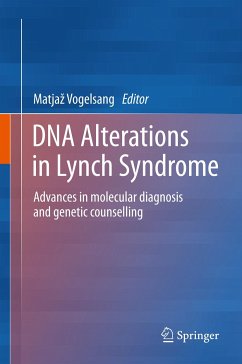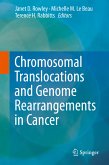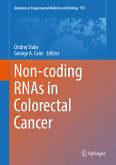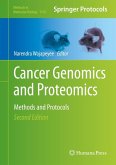Dieser Download kann aus rechtlichen Gründen nur mit Rechnungsadresse in A, B, BG, CY, CZ, D, DK, EW, E, FIN, F, GR, HR, H, IRL, I, LT, L, LR, M, NL, PL, P, R, S, SLO, SK ausgeliefert werden.
"This highly specialized book is an extensive, multiauthored discussion of Lynch syndrome. ... From health professionals implementing general health surveillance to oncologists and geneticists dealing with populations at risk of Lynch syndrome, this is a must-have book. Cancer genetics clinics should count this as part of their resources to provide accurate information to their patients. ... There are no comparable publications. This book is unique in its concentration on a single disorder, and it achieves its goals with outstanding writing and planning." (Luis F. Escobar, Doody's Book Reviews, October, 2013)









